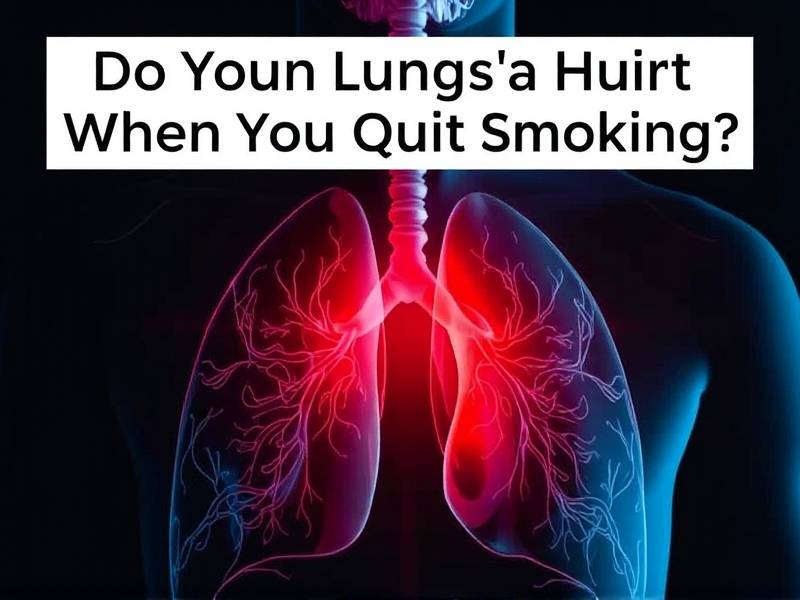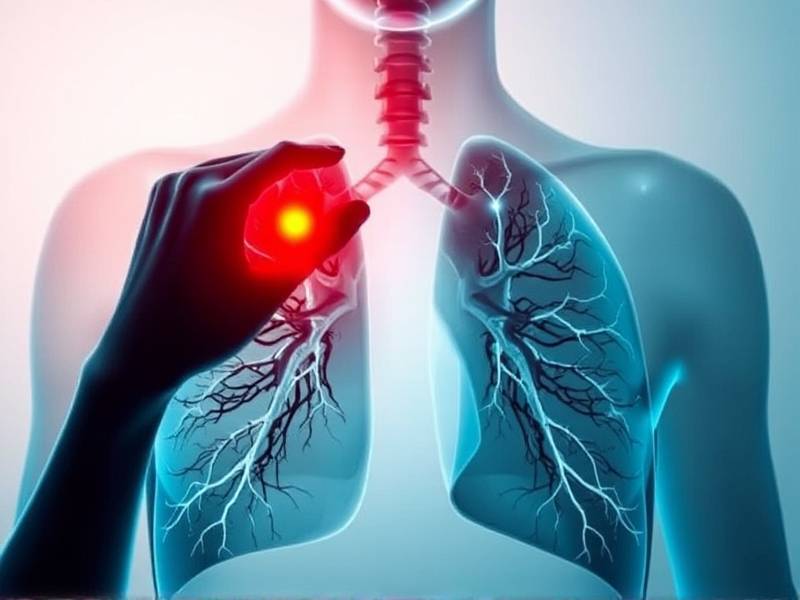Do Your Lungs Hurt When You Quit Smoking?
Do Your Lungs Hurt When You Quit Smoking? Understanding the Journey
Introduction: The Reality of Quitting Smoking
Quitting smoking is a significant step towards a healthier life, but it's not an easy journey. Many smokers report experiencing physical discomforts, and one of the most common concerns is whether the lungs hurt when you quit smoking. This article delves into this topic, providing insights and information to help you understand what to expect during your quitting process.

Understanding the Healing Process
1. The Immediate Impact of Quitting Smoking
When you quit smoking, your body begins to heal almost immediately. Within hours, carbon monoxide levels drop, and your blood oxygen levels start to rise. However, this initial phase may not always be comfortable.
2. Short-Term Discomforts
It's not uncommon to experience some short-term discomforts as your body adjusts to being smoke-free. These can include:
- Coughing: The body starts to clear out tar and mucus that have accumulated in the lungs.
- Breathlessness: Your lungs may feel tight or congested as they work harder to deliver oxygen.
- Headaches: Nicotine withdrawal can lead to headaches due to changes in blood flow.
3. Long-Term Healing
Over time, your lungs will continue to heal and become healthier. The American Lung Association reports that within 1-9 months after quitting, coughing and shortness of breath often decrease significantly.
The Role of Exercise
Regular exercise can accelerate the healing process and reduce discomfort associated with quitting smoking. It helps improve lung function and strengthens the respiratory muscles.
Seeking Support
Quitting smoking is challenging, but there are resources available to help you through the process:
- Nicotine Replacement Therapy (NRT): Products like patches, gum, lozenges, inhalers, or nasal sprays can help manage withdrawal symptoms.
- Behavioral Support: Joining a support group or seeking counseling can provide emotional support and practical advice.
- Medications: Some prescription medications can help reduce cravings and withdrawal symptoms.
Conclusion: Embrace Change for a Healthier Future

While it's true that you may experience discomfort in your lungs when you quit smoking, it's a temporary phase on the road to better health. By understanding what to expect and seeking support when needed, you can navigate this challenging period successfully. Remember, every step towards quitting is a step towards a healthier life for yourself and those around you.
For more information on quitting smoking and lung health, consider visiting reputable health websites for additional resources and guidance on this life-changing journey.
